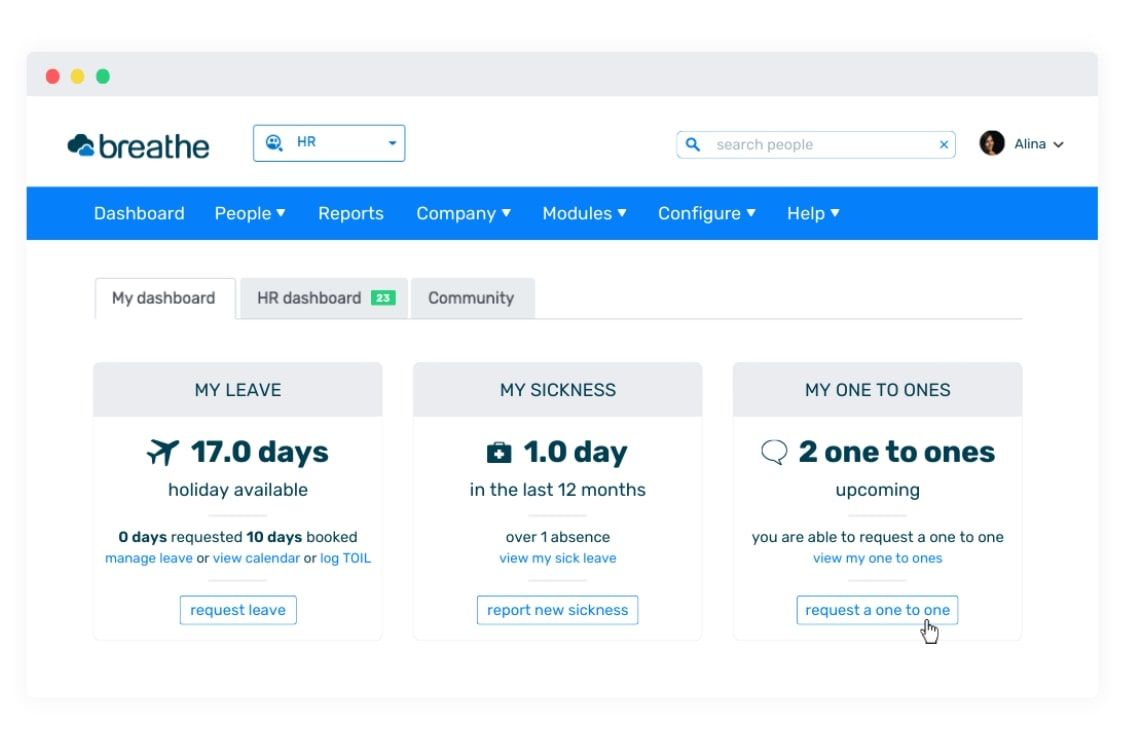How to handle Flexible Working requests (Employment Rights Bill)

What does the new Flexible Working Amendment mean for you and your business? How should you handle requests for flexible working? What are your employees’ rights in this area, and what are yours?
Here’s everything you need to know.
What change has been made to the Employment Rights Bill?
The Flexible Working (Amendment) Regulations 2023 Act has now come into effect and applies to any applications made from 6th April this year.
Previously, employees needed to be working for you for a minimum of 26 weeks before they could request to work flexibly.
Under the new amendment, they can request flexible working arrangements from the first day of their employment with you. They can make two requests within a 12-month period (previously they could only make a single request).
Employees are no longer required to discuss with their employer what impact their request may have, or how the effects can be managed.
As their employer, you are required to consult with an employee requesting flexible working before you can reject it.
Under previous rules, employers had 3 months to consider and respond to a request for flexible working; this has now been reduced to two months.
What does “flexible working” mean?
This can refer to your employee’s working hours or their pattern of work, for example, working part-time, flexitime, having compressed hours or adjusting their start or finish time. It can also apply to changing their working location, for example working from home.
What do you need to do?
Firstly, review your policies - and make sure your flexible working policy fits with the new law.
Make sure you have a process in place to review and respond to requests for flexible working - don’t wait for the first application to come in. Decide how you will deal with requests and make sure all managers are aware of this.
How should you respond to a request?
Firstly, ask your employee to make their request in writing, stating clearly what changes they wish to make.
It is important to consider all requests fairly and it’s always worth discussing with your employee. Of course, they are not obliged to discuss the potential impact on your business, but it may be helpful for you to know their thoughts and feelings on the matter.
Remember that while your employees can request flexible working patterns, you do not have to say yes.
Not all job roles are suitable for different working patterns - but it’s a good idea to approach all requests from the point of view of “how can we make this work” rather than “we don’t want to do this.”
What are the reasons for turning down a request?
There are eight valid reasons for turning down a request for flexible working and you can only turn down a request if one of these applies:
• The cost to your business would be too high
• Work cannot be reorganised among your other staff
• You cannot recruit more staff
• Quality will be negatively affected
• Your business’s ability to meet customer demand will be negatively affected
• Performance will be negatively affected
• There is not enough work for your employee to do at the time(s) they’ve requested
• There are planned changes to the business, and you believe the request will not fit with these plans
Look for a compromise
If you’re not able to accept your employee’s request as it is, look for ways to compromise:
• Could you agree to part of the request, for example allowing them to work from home two days a week instead of three?
• Could you agree to a short-term change, rather than permanently?
• If a weekly work pattern change is not possible, could a fortnightly pattern work?
What if you can’t agree to a flexible working request?
All decisions must be made fairly and using facts rather than personal opinion.
If you really can’t find a way to make it work, talk to your employee and explain the situation. Listen to their reasons for requesting the change and suggest other options where you can.
Ask them if they have any other ideas for future options.
You want your employees to feel happy and valued in their work. So even if you can’t accommodate their request, it’s important that they feel heard and understood.
Bear this in mind with any future hires
It’s important to communicate your flexible working policy, and the level of flexibility you can reasonably accommodate, when you’re hiring new employees - otherwise you could see your staff turnover rocket.
The employment landscape is changing, and jobseekers are keen to work for businesses that show that they value employee wellbeing. Flexible working opportunities are a great way of attracting the best new people to your team, so it’s in everyone’s best interest to make this work.
In conclusion
Your employees are now entitled to request a flexible working pattern from their first day of employment with you.
You must consider their request fairly and have a valid reason for turning it down.
If you're concerned about how this may affect your business, or worried about how to put it into practice, get in touch for an informal chat about how we could help you.
















